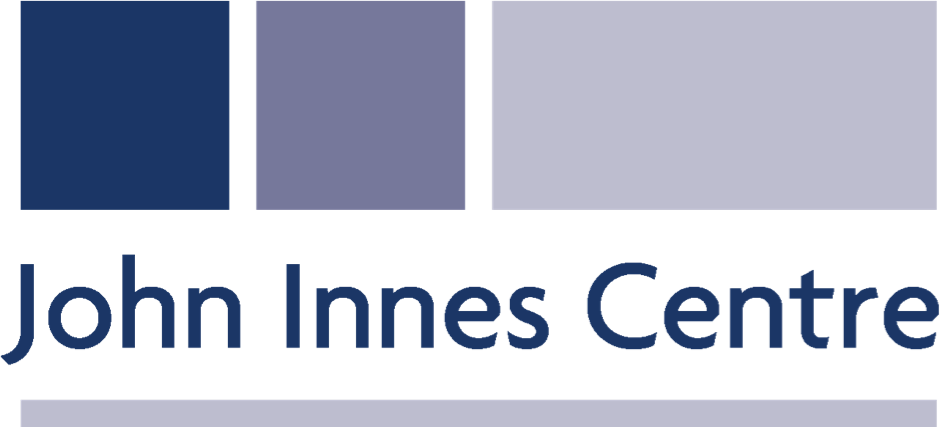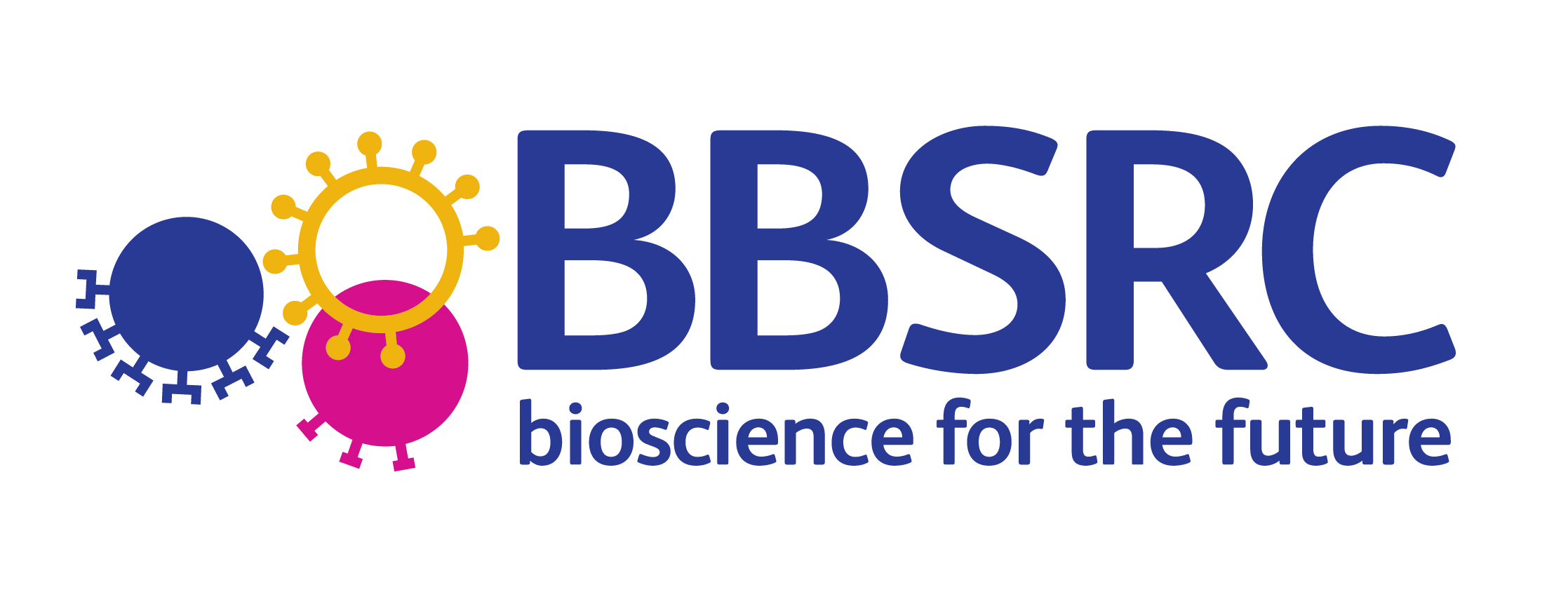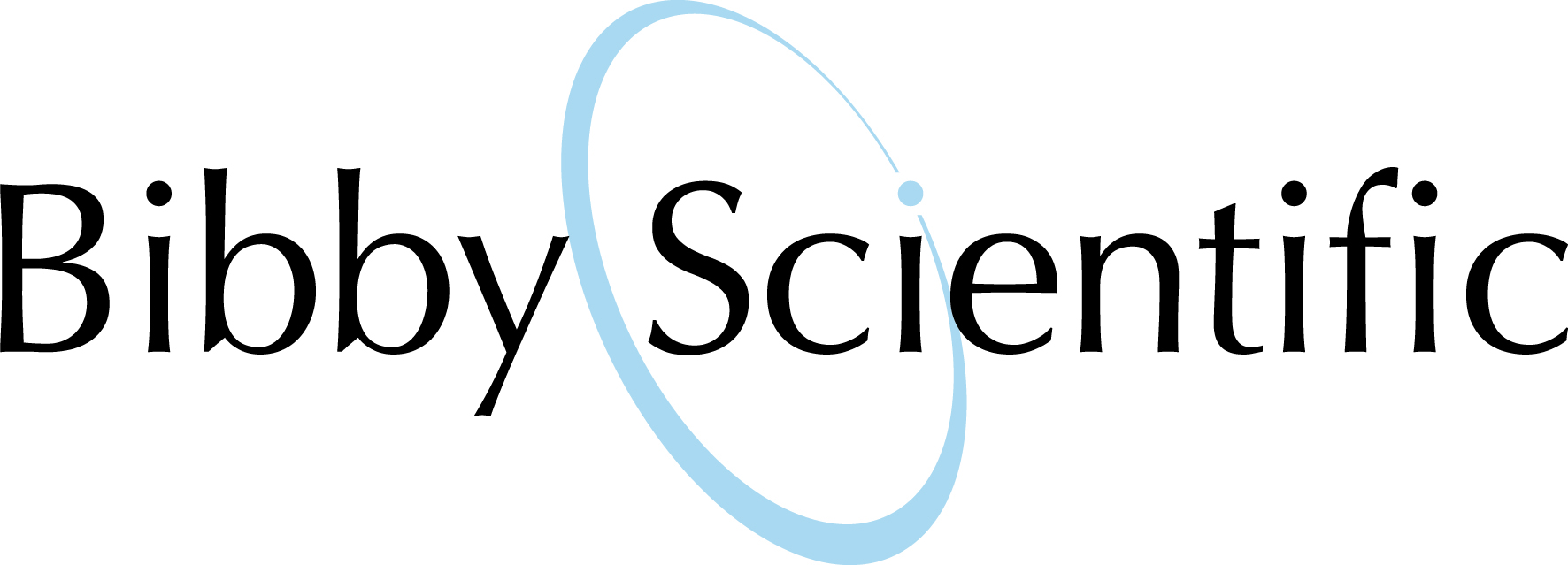Difference between revisions of "Team:Cambridge-JIC/Practices"
KaterinaMN (Talk | contribs) |
KaterinaMN (Talk | contribs) |
||
| Line 262: | Line 262: | ||
<div class="slide"> | <div class="slide"> | ||
<div style="width: 80%; margin: 30px 50px;color:#000;min-height:0px"> | <div style="width: 80%; margin: 30px 50px;color:#000;min-height:0px"> | ||
| − | |||
<div id="cam-quiz" style="width: 80%; margin: 30px 50px"> | <div id="cam-quiz" style="width: 80%; margin: 30px 50px"> | ||
| − | </div> | + | <h2> Find the License for your Project </h2> |
| + | </div></div> | ||
</section> | </section> | ||
Revision as of 13:45, 9 September 2015









